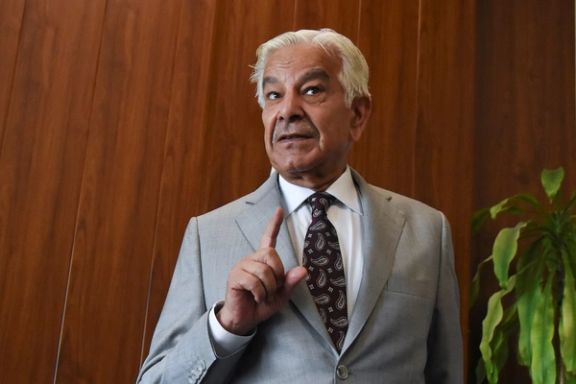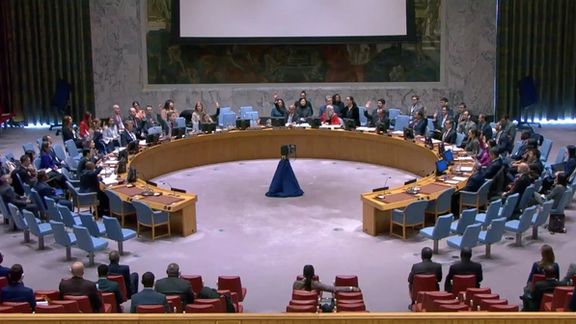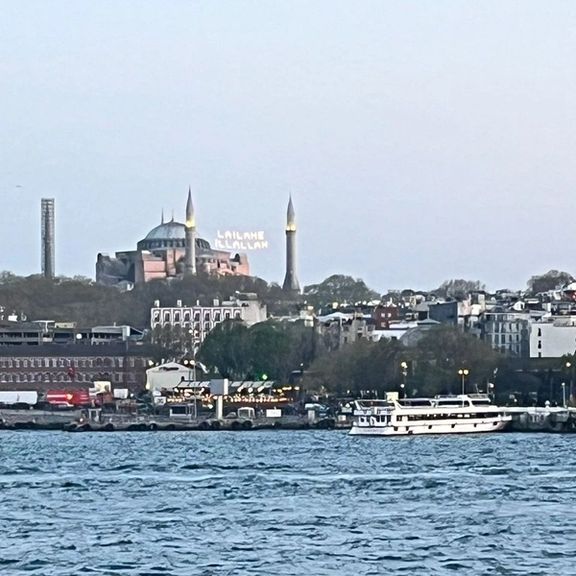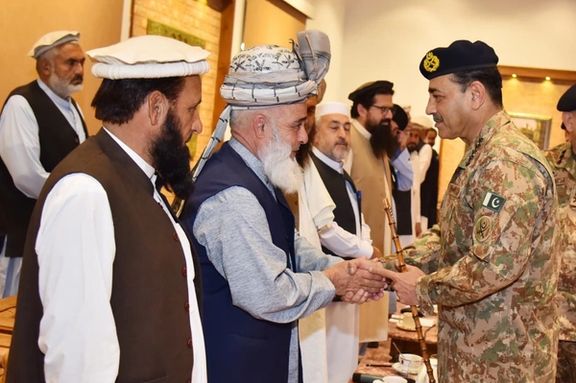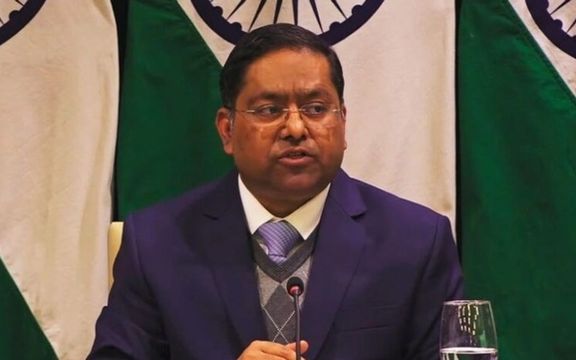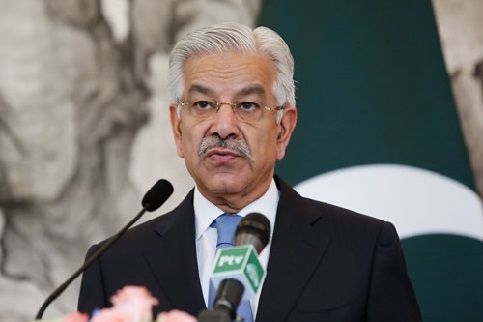Haqqani said that despite years of internal enmity and discontent, Afghans are united in defending their country against foreign aggression.
“After years of hostility, we are now coming together,” Haqqani said. “We have internal problems and grievances, a legacy inherited from the past.”
Haqqani stressed that the Taliban administration seeks to maintain good-neighbourly relations and believes dialogue is the best way to address the existing issues between Kabul and Islamabad.
Speaking on Thursday, 30 October, at a meeting at the Ministry of Interior, Haqqani warned that if anyone attacks or invades Afghanistan, the Taliban will defend the country.
“Our history has much to say to aggressors,” he added.
Addressing Pakistani officials, Haqqani said the two Muslim nations should resolve their differences through understanding, not through force or threats. He said the Taliban is ready to discuss all issues that have caused misunderstandings between the two countries.
Haqqani stated that “our enemies thought we were weak and helpless, but we proved that we would not surrender to great empires on the battlefield.”
He added that the Taliban and Islamabad have had cooperation in the past, and that those experiences could be used to normalise relations again. Haqqani urged Pakistani officials to work toward regional stability instead of escalating security tensions.
According to the Taliban interior minister, repeating the experience of hostility will only harm both sides and bring nothing but destruction and distrust. He said the Afghan people have been victims of successive wars and crises over the past fifty years and now deserve to live in an atmosphere of understanding and dialogue.
Haqqani said that “some people in Pakistan, either deliberately or out of ignorance, are fanning the flames of war,” but that this does not reflect the will of the Pakistani nation, its clerics, or its politicians. “These are people who, even against the interests of their own country, incite another nation to fight and issue threats of war,” he added.
Addressing Taliban members, Haqqani said, “Your duty is to confront fire and smoke. That is a very difficult task. Starting a fire is easy, but if it gets out of control, putting it out is very hard. For twenty years, our homeland was like a furnace; we fought, we burned, and we know the true meaning of this fire and ash. That’s why we expect no one to fan the flames again.”
Haqqani said Taliban officials are providing clarity to the public regarding Tehreek-e-Taliban Pakistan (TTP), adding that only Zabihullah Mujahid, the Taliban spokesperson, speaks on the matter.
The interior minister described the TTP issue as Pakistan’s internal matter. “If the TTP is a problem, we have repeatedly said: solve it within your own country. We do not allow anyone to use our soil against others, and we remain committed to this promise. We respectfully ask you to resolve your issues among yourselves,” he said.
Haqqani added that since taking power in 2021, the Taliban have repeatedly urged Pakistani officials in various meetings to address their problems domestically. He accused Islamabad of bringing the issue into Afghanistan and creating turmoil.
He said members of the Pakistani Taliban entered Afghanistan during the later years of former presidents Hamid Karzai and Ashraf Ghani. Haqqani noted that the Taliban’s leader has sought to reform and restrain TTP fighters and to find practical solutions to prevent further problems caused by their presence in Afghanistan.
Referring to the ongoing talks between the Taliban and Pakistan in Doha and Istanbul, Haqqani said that despite these negotiations, Islamabad continues to blame the Taliban for its problems.
“We are surprised,” Haqqani told Pakistani officials. “The problem is yours, and the solution lies with you, so why do you put the blame on us, and why do you try to force us?”
